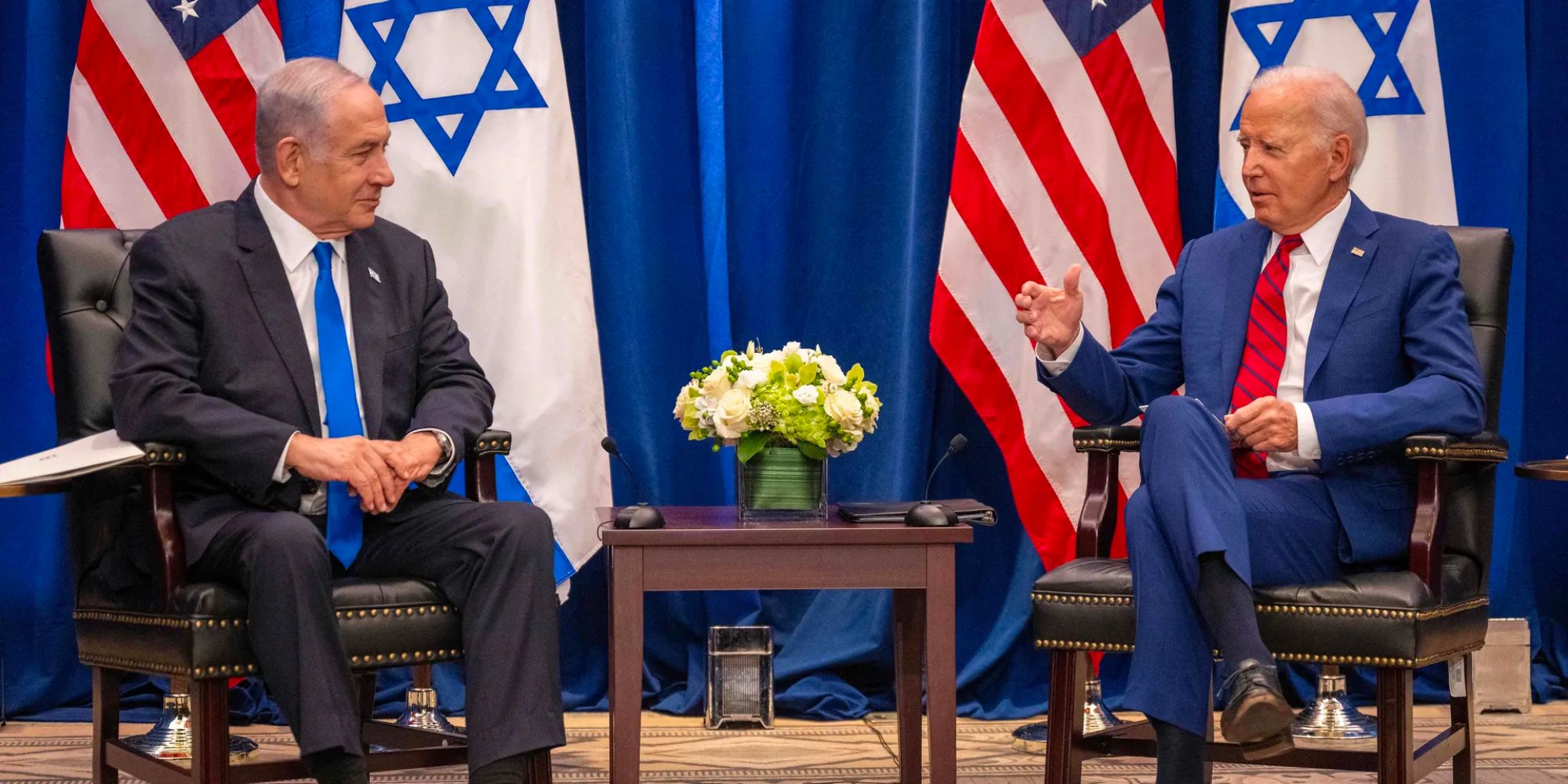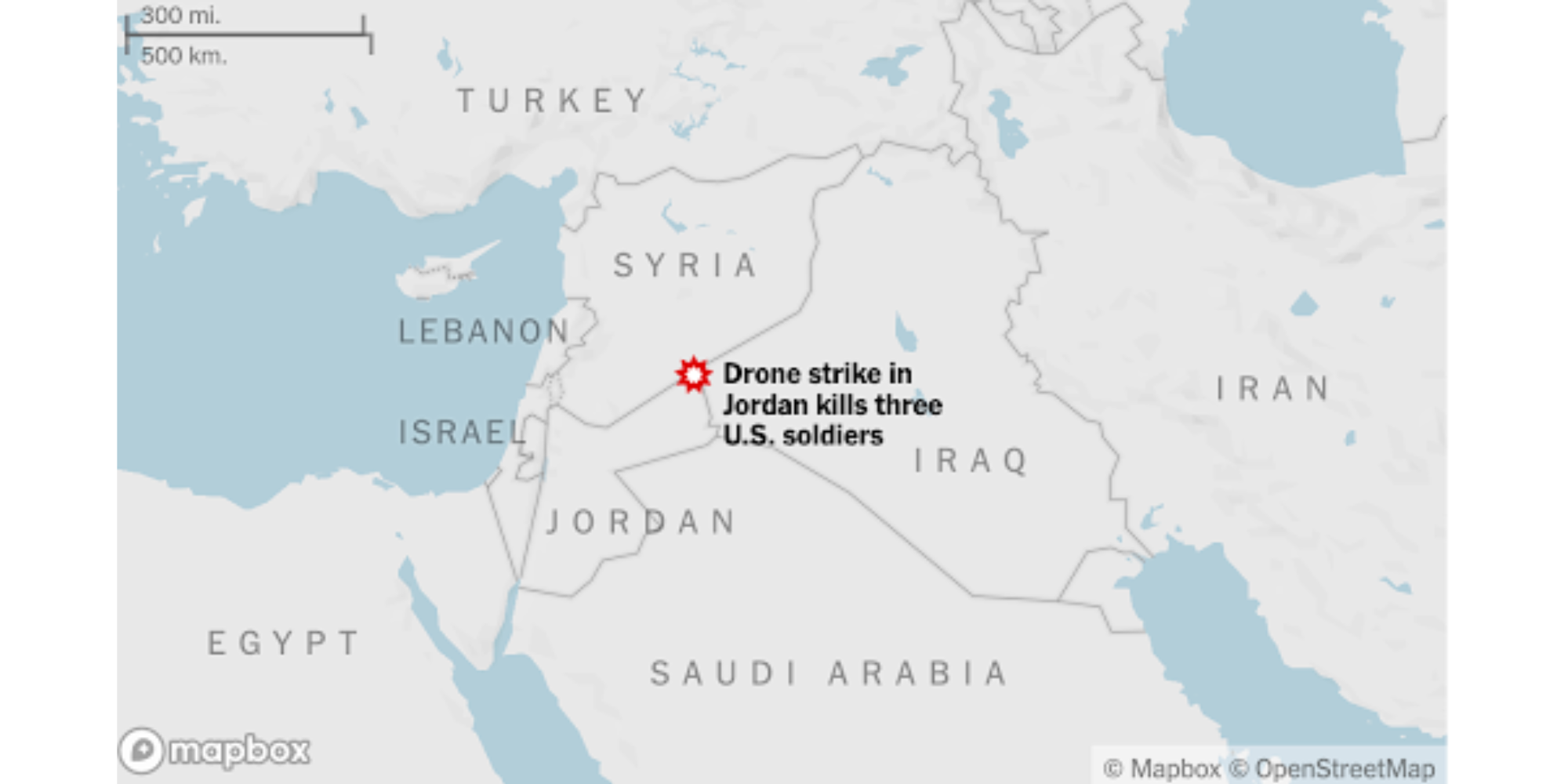Due to geographical proximity, historical connections, and strong cultural and interpersonal relationships, Mexico continues to be among the United States’ closest partners. These shared ties, as well as the difficulties of operating overseas during COVID-19, have led many U.S. companies to shift their operations and offices to Mexico. However, with simultaneous 2024 presidential elections and escalating tensions between the two nations, there is a growing concern these developments may threaten the vital cooperation needed to safeguard U.S. companies and industry leaders against the looming risk posed by the proliferation of drug cartels.
Trade Increasing While Tensions Rise
For over 200 years the U.S. and Mexico have maintained diplomatic relations through a broad scope of commercial, cultural, and educational exchanges. Combined with heightened tensions between the U.S. and China, as well as supply chain disruptions due to COVID-19, Mexico became the U.S.’s top trading partner in 2023, exchanging more than $860 billion in goods and services.
- Mexico’s growing economic lure attracted industrial companies such as Tesla, Walmart, General Motors, Kia Motors, and BMW, who seek to create products in Mexico and export them to the U.S. in an act known as nearshoring.
- Foreign direct investment (FDI) into Mexico is also rising, with U.S. companies accounting for 41 percent of inflow. Manufacturing projects, such as those brought by Tesla’s $10 billion investment, accounted for more than half of last year’s FDI tally.
Despite the recent growth in trade and signs of continued economic prosperity, the U.S. and Mexico face several challenges which may fracture their ability to confront growing drug cartels. The U.S. and Mexican presidential elections, simultaneously taking place in 2024, may act as a bellwether event for further collaboration.
- U.S.-Mexican relations deteriorated during Mexican President Andrés Manuel López Obrador’s (widely known as AMLO) presidency in part due to his denial of Mexico’s fentanyl production and nonexistent security policies.
- Critics argue his rhetoric and strategies have led to cartels controlling nearly half of Mexico’s territory and increased fentanyl imports into the states.
- Claudia Sheinbaum, former Mexico City mayor and close ally of AMLO, is the 2024 presidential candidate and frontrunner to succeed him. She has emulated many of López Obrador’s policies as part of a strategy to garner support among his followers. If she follows in AMLO’s footsteps, critics are concerned the relationship between the U.S. and Mexico may continue to deteriorate.
- On the other side of the border, Republican candidates have unilaterally claimed they will declare war on Mexican drug cartels if they gain office. AMLO in return has repeatedly retaliated against Republican rhetoric by alleging U.S. gun manufacturers and distributors play a significant role in supplying cartels with firearms.
- Though all Republican contenders agree cartels should be labeled as terrorist organizations, some have gone a step further. Former U.N. Ambassador and Republican presidential candidate Nikki Haley alleged the U.S. will deal with cartels “just like we dealt with ISIS,” telling the incoming Mexican president “either you do it or we do it.” Her fellow Republican candidate Vivek Ramaswamy stated the U.S. military should be used to annihilate cartels.
- Javed Ali, associate professor of practice at the Ford School and former senior director on the National Security Council, claims cartels may escalate their violent activities if the U.S. designates them as terrorist groups.
- While a Republican victory probably will signal a further deterioration of the U.S.-Mexico relationship, Democrat leaders have instead opposed intervention in Mexico. President Biden announced tenuous, informal initiatives to work with the Mexican government against the drug cartels. Though AMLO denounced U.S. policies in the past, he expressed interest in working with the Biden administration, recently claiming “a very good relationship with the United States is good for us.”
Risks to U.S. Companies & Industry Leaders
Though elections are almost a year away, ongoing Republican rhetoric and an unpredictable leading Mexican contender present an array of ongoing challenges for U.S. businesses operating in Mexico. A lack of cooperation between the two countries may lead to increased security threats as drug cartels continue to grow unchecked.
- Supply Lines. Logistics security company Sensitech ranks Mexico as one of the world’s highest risk countries for truck hijacking. According to the Mexican news outlet Eje Central, around 36 trucks are hijacked or stolen every day in Mexico by drug cartels. The number of violent cargo truck hijackings reported in Mexico increased by three percent from 7,421 in 2021 to 7,644 in 2022.
- Kidnapping. Disappearances across Mexico surged by almost 30 percent in the first three months of 2023 compared with the same period last year. Organized crime is thought to be the cause for kidnappings across the country, and though locals are often targeted, U.S. citizens have occasionally been victimized. Four Americans driving into Mexico were abducted this year by Mexican drug cartel members who supposedly mistook the travelers for rival human traffickers and later killed two of them.
- Extortion. Cartels have frequently utilized extortion due to its low risk, high reward nature. New companies, industries, and high-net-worth individuals operating in Mexico may provide criminal organizations with valuable targets. For instance, hostile actors may threaten to burn down an office, block a shipment, release sensitive information, or kill a family member if their demands, often money, are not met.
Recommendations & How Concentric Can Help
For high-net-worth individuals and prominent organizations shifting their operations to Mexico, the ongoing deterioration of diplomatic relations and upcoming elections might place them and their employees at risk. Mexican drug cartels have shown they are willing to target supply lines and, in rarer cases, American citizens. With Concentric’s help, potential targets can identify, address, and mitigate these risks.
- Intelligence Services. Our Global Intelligence team can author periodic updates and travel risk assessments. Our analysts assess mentions about companies and their executives across open source and deep and dark web forums to identify and provide recommendations for threat trends so you can expect the unexpected.
- Security Operations. Executive protection agents can protect high-net-worth clients, or important events and supply lines.
- Security Consulting. Concentric’s Security Consulting services can provide risk assessments to identify potential vulnerabilities around physical locations, such as offices, homes, or factories.
- Cyber Protection. Eclipse by Concentric™ removes unwanted personal identifiable information from tracking websites which can be used to target high-net-worth individuals, their family, and their staff.






